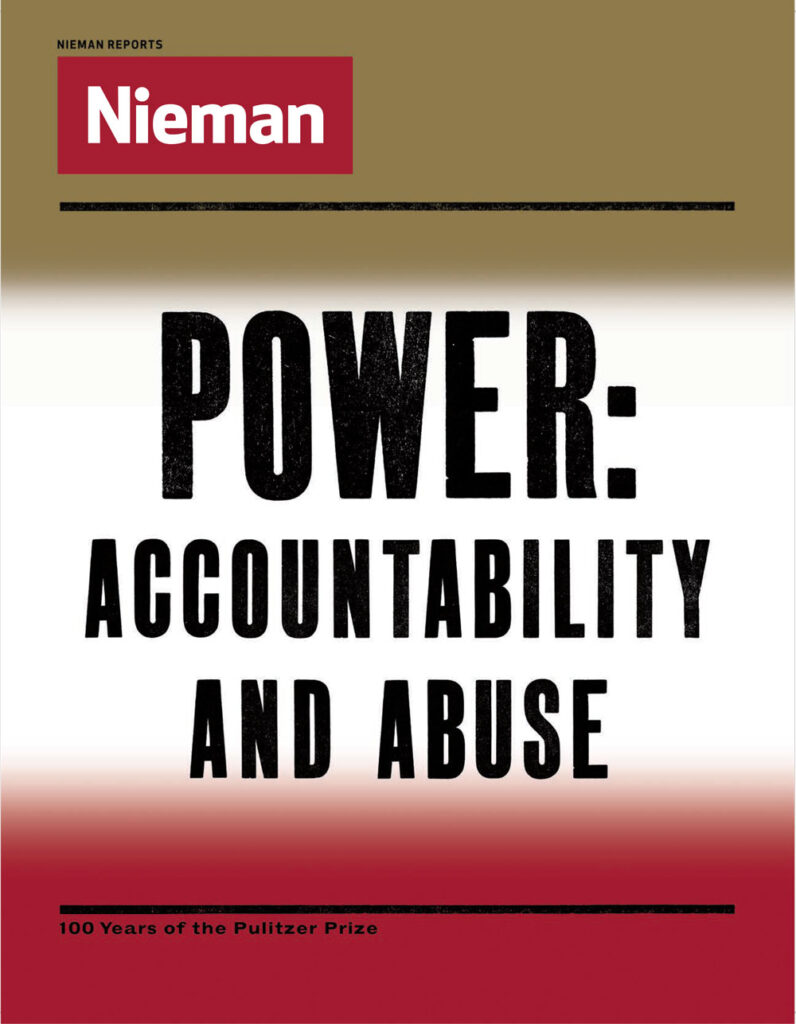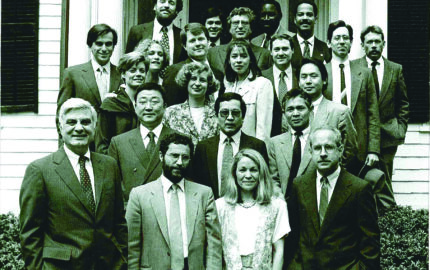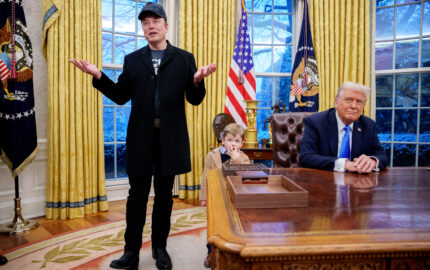In this centennial year of the Pulitzer Prize, here are some works I’ve been thinking about: Kevin Boyle’s “Arc of Justice,” a powerful narrative about murder and racism in Jazz Age Detroit; Jerry Mitchell’s investigations of civil rights cold cases for The Clarion-Ledger of Jackson, Mississippi, stories that contributed to Ku Klux Klan convictions; the Chicago Tribune’s multi-year investigation of shameful abuses in the nation’s death penalty machinery, journalism that set innocent men free.
None of these won a Pulitzer. Each was a finalist for the prize, bested by another extraordinary entry. They are among the volumes of righteous work that survived a jury’s vetting but didn’t ascend in the Pulitzer board’s final review. And they are in good company. I recently checked to see for which of his novels F. Scott Fitzgerald had won a Pulitzer, only to discover he had won for none. Add Lillian Hellman, Langston Hughes, Flannery O’Connor, and others to the ranks of American icons whose honors did not include a Pulitzer, and not winning the prize can seem its own distinction.
In an ornery 1985 essay in The New York Times Book Review, critic and author William Gass excoriated Pulitzer fiction winners in particular as “pure miss” and prize-giving in general as flawed by design. He joined other critics in arguing that decisions such as awarding Margaret Mitchell’s popular “Gone With the Wind” over William Faulkner’s masterful “Absalom, Absalom!” were not in the service of excellence—or even in service of selecting that year’s best novel about the American South.
“Any award-giving outfit,” Gass claimed, “is doomed by its cumbersome committee structure to make mistakes, to pass the masters by in silence and applaud the apprentices, the mimics, the hacks, or to honor one of those agile surfers who ride every fresh wave.”
A winner himself made national news by snubbing the Pulitzer board. Four years before he would go on to accept the 1930 Nobel Prize in Literature, novelist Sinclair Lewis rejected a Pulitzer for “Arrowsmith,” saying, “All prizes, like all titles, are dangerous.” In his public rebuke (informed, in part, by being passed over for a prize for his novel “Main Street”) he wrote that the Pulitzer was “peculiarly objectionable” because of requirements, later overturned, that a winning novel “present the wholesome atmosphere of American life.”
For 100 years, the Pulitzer has occupied a rare position on our cultural landscape, in part because the deliberations audaciously aspire to define a standard for excellence
Even the Pulitzer Prize Board has acknowledged the flaws of past deliberations, perhaps most notably in the music category. For generations the prize was limited to music in the European classical tradition, a habit that brought public ridicule to the board in 1965 when it denied a special citation to jazz giant Duke Ellington. The decision was a rejection of one of America's greatest art forms, born of the African-American experience, and two of the Pulitzer jury members resigned. “Jazz, blues, gospel, country, spirituals, and every other genre the United States gave to the world, all had been excluded. Completely,” writes critic Howard Reich in this issue. It would be more than 30 years before determined board members created the conditions for Wynton Marsalis to win the prize for “Blood on the Fields,” a work he will be talking about at Nieman’s Pulitzer Centennial celebration this September. The board eventually awarded Ellington the citation, 25 years after his death.
Prizes are a fickle business. Every new class of Pulitzer winners is ordained by a vote of fewer than 20 arbiters, each a captive of biases and fancies. Prizes are imprecise. They do not submit to scales or scoreboards.
But that is not the same as arbitrary.
For 100 years, the Pulitzer has occupied a rare position on our cultural landscape, in part because the deliberations audaciously aspire to define a standard for excellence. In turn, the debate ignited by the annual announcement of winners has contributed to one of the country’s longest-running conversations about what matters in journalism and the arts. Is there an occasion that more powerfully stitches journalism, poetry, history, playwriting, biography, music, and fiction into a reflection of the American story? That story can be tragic—Vietnam, priest abuse, Toni Morrison’s “Beloved”—and it can be exalting—Aaron Copland’s “Appalachian Spring,” Lin-Manuel Miranda’s “Hamilton,” Eugene Robinson’s columns on the election of our first African-American president. We are awash in awards that segregate talent by industry, but in the Pulitzers, most years, we find a portrait of the nation.
In 1988, my colleagues Dean Baquet and William Gaines and I were Pulitzer finalists for our investigation of corruption in the Chicago City Council. As sometimes happened, a list of the winners had leaked to our editor and he told us the disappointing news: we hadn’t won. I called my husband, said there would be no champagne, and went back to work. Later that day, when The Associated Press began posting the annual roll call of winners, I stood at a friend’s terminal to see which of the other excellent finalists had earned the investigative prize. His sluggish computer struggled to keep pace with the announcements and so I didn’t understand the sudden, swelling rumble of newsroom applause. It was a disorienting moment—the sound of lightning in a bottle with no visible proof. When the bulletin mercifully crawled across my friend’s screen, we learned what others in the newsroom already knew: our editor’s source had been wrong.
I tell this story because we lost and we won that day, and while winning was preferable, it would take extraordinary hubris to believe that there was more science than fortuity in the outcome. I know that. Some years later, when I joined the Pulitzer Prize Board, I experienced firsthand the informed and often passionate debates that lifted one fine work above another, sometimes by the thinnest margin. Shuffle the deck, change one or two of the board members, and the outcome could well be different. But this much was immutable: a commitment to quality, the fairness of deliberation, a belief that the debate about excellence mattered.
We were journalists arguing with historians arguing with novelists about our national narrative. You may think we got it wrong sometimes (“Gone With the Wind”?), but there's always the next hundred years.

![300dpicolormedal[2]](https://niemanreports.org/app/uploads/2024/03/300dpicolormedal2-300x297.png)


